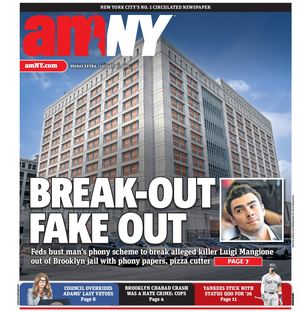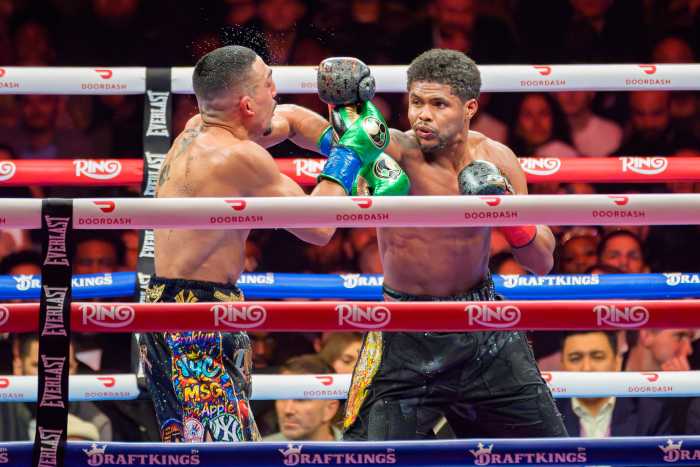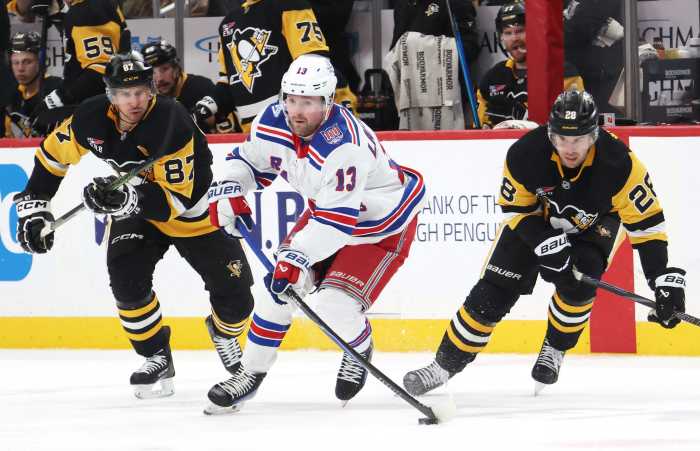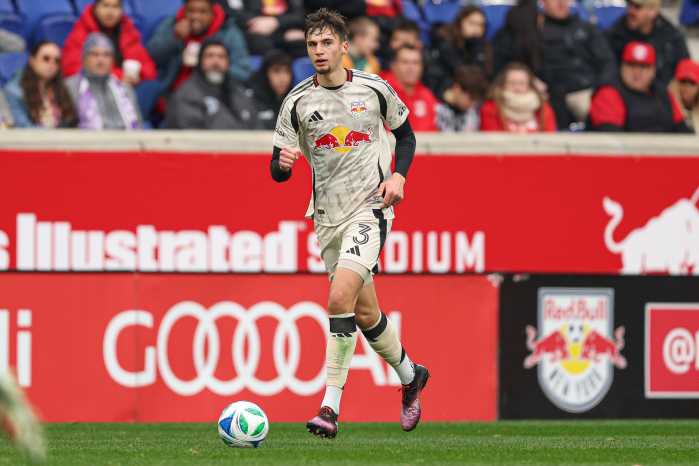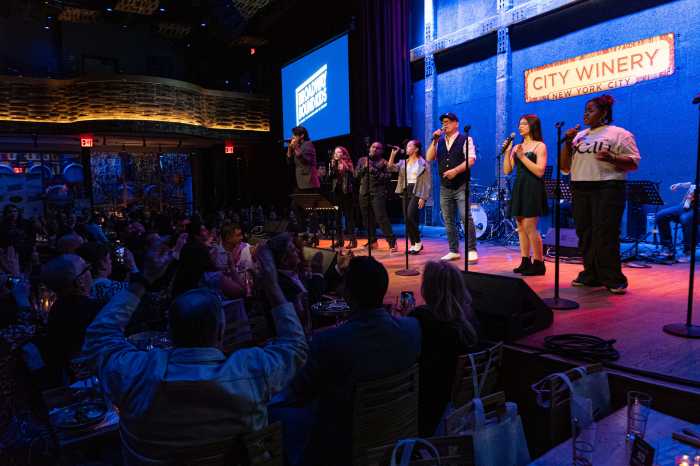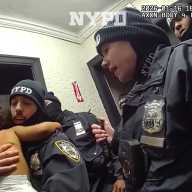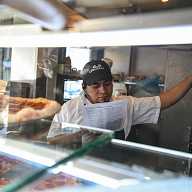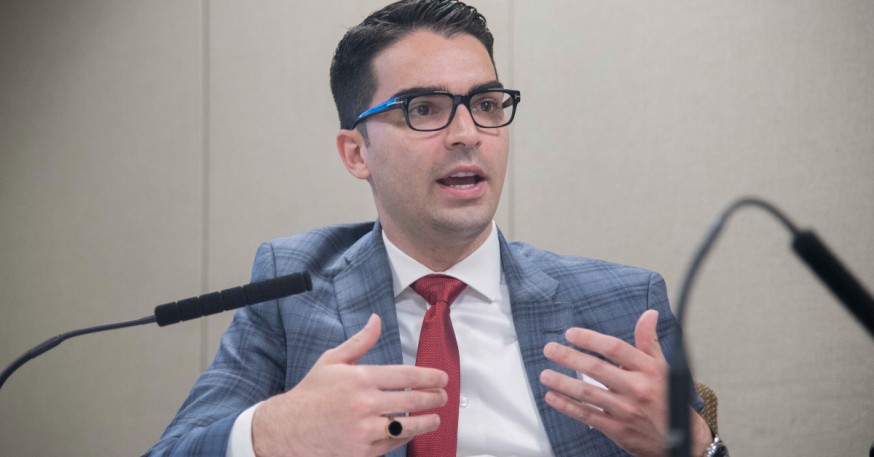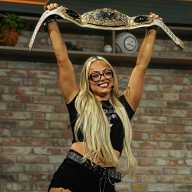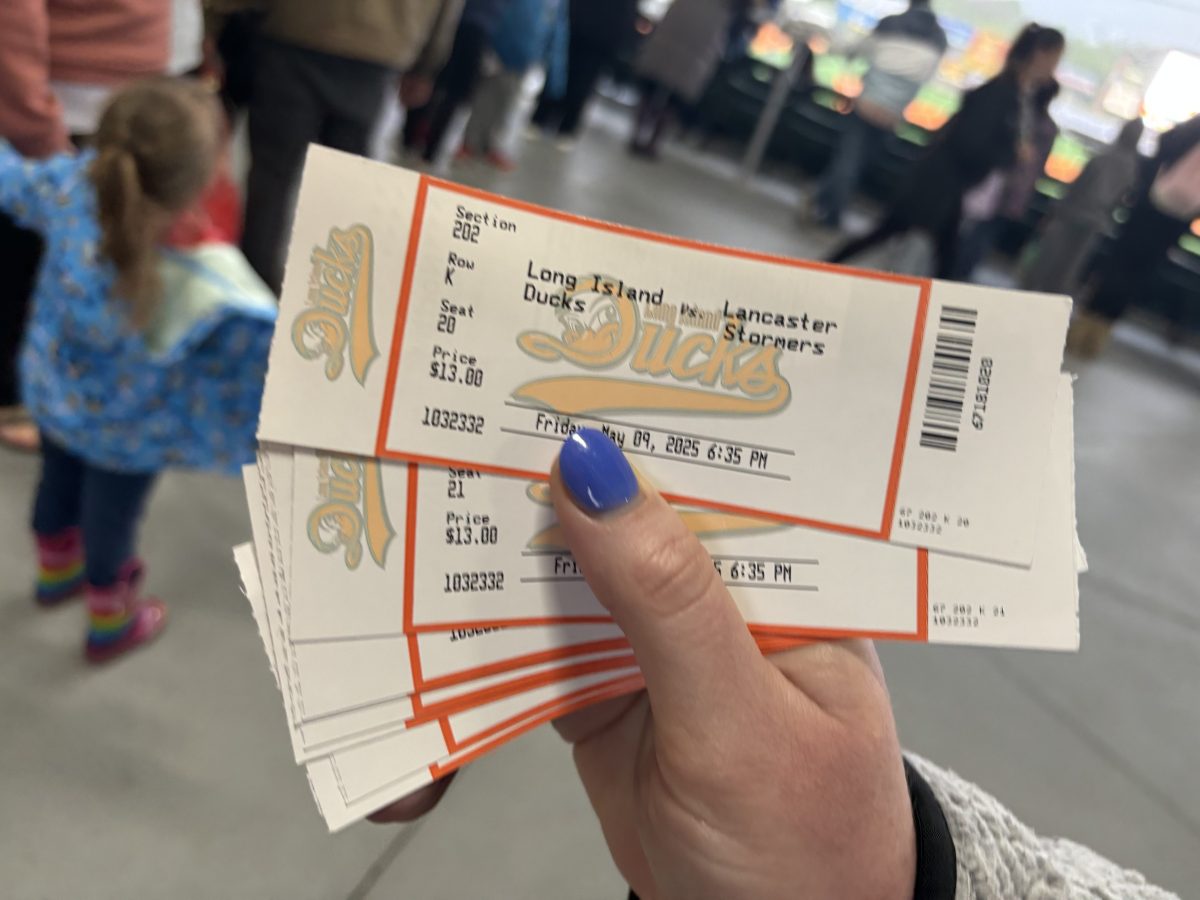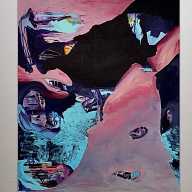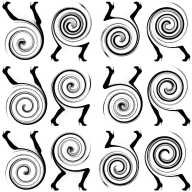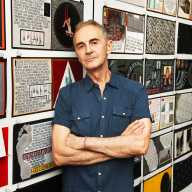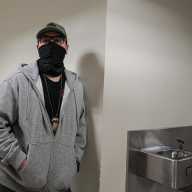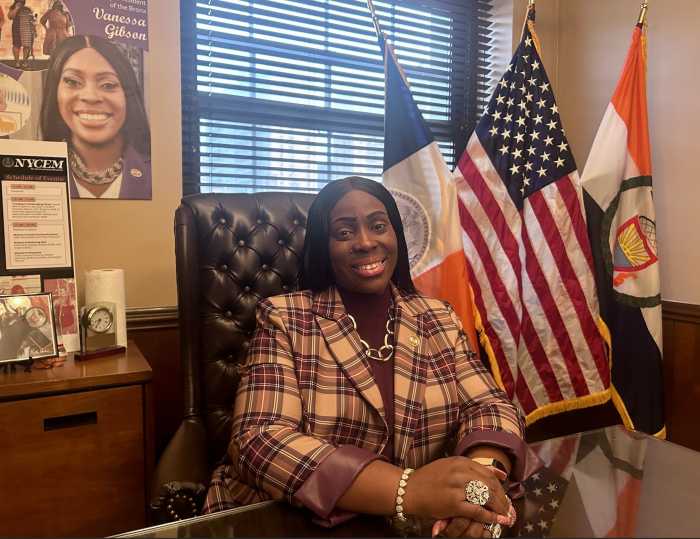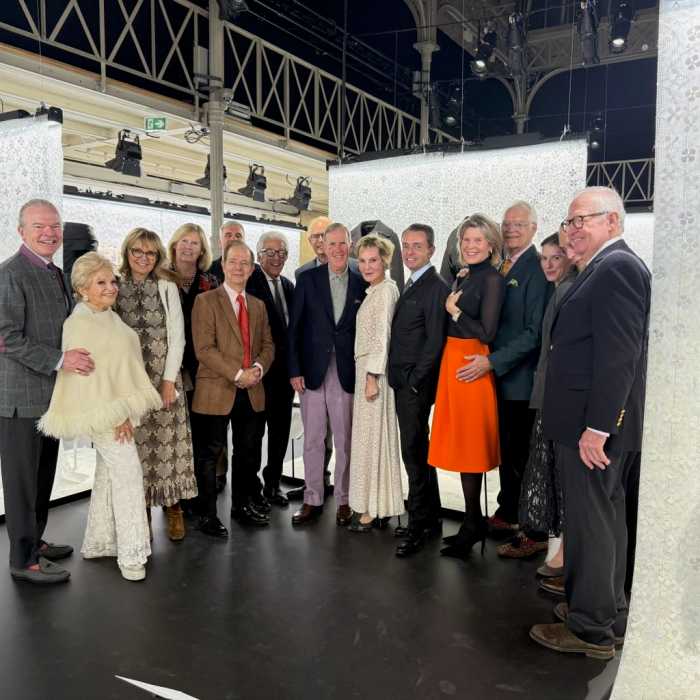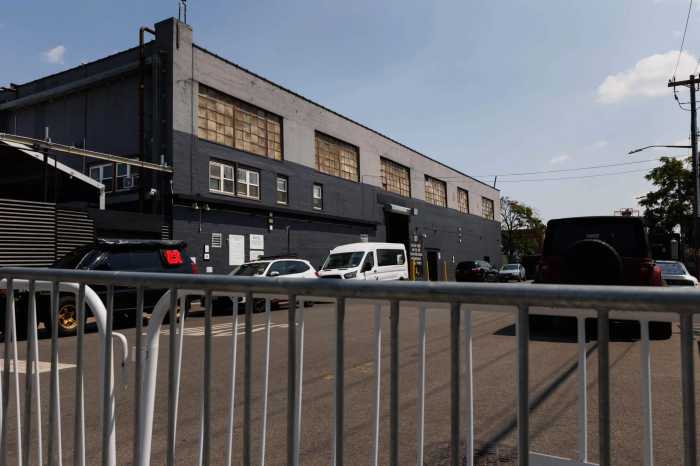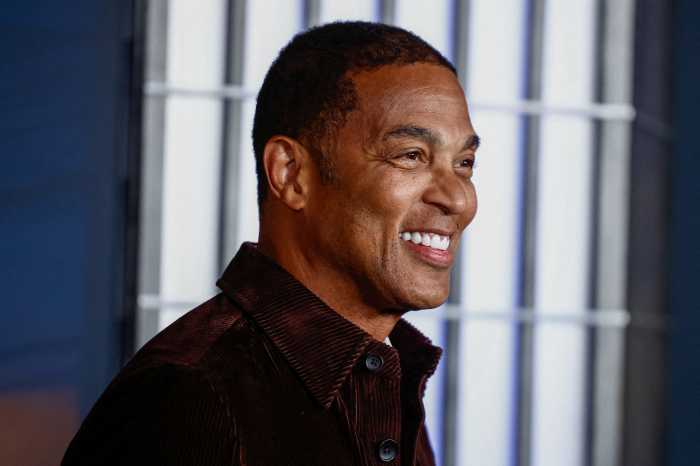Full disclosure off the bat: I am not a member of the Baseball Writers Association of America (BBWAA). I’m not eligible to cast a ballot in this year’s Hall of Fame voting. But I, like many of you, have know whose names I would like to be added to Cooperstown this year.
With the results of this year’s vote set to be announced at 2 p.m. today, here’s my list of 10 — the maximum allowed — players who I would name on my Hall of Fame ballot.
Jeff Bagwell
Year on ballot: Fourth
As one of the premier power hitters of his era, Bagwell often is grouped in with noted PED users such as Rafael Palmeiro. However, I’m not convinced that’s fair, and I’ll treat him as I would a perceived “clean” player of his era. The 1994 NL MVP played his entire career with the Astros and finished with career marks of 449 home runs, a .297 batting average and a .408 on-base percentage. Plus, he was faster than most power-hitting first baseman and notched two 30-30 seasons.
Craig Biggio
Year on ballot: Second
Even with players such as Palmeiro and Sammy Sosa making the old Hall of Fame benchmarks (3,000 hits, 500 homers) for automatic enshrinement not so automatic, Biggio deserves a spot in Cooperstown. He leads just about every Astros hitting category that Bagwell does not and was one of the top second basemen in baseball for more than a decade. His 3,060 career hits don’t hurt, though, and neither do his 668 career doubles, which rank fifth of all time.
Tom Glavine
Year on ballot: First
He was a Met for five seasons, but Glavine will assuredly sport an Atlanta hat on his Hall of Fame plaque. Often overshadowed by his Braves teammate Greg Maddux, Glavine still managed to take home two Cy Young Awards during his 17 years with the Braves and often was one of the top vote-getters. He may go down as one of the last men to win 300 games in his career — he finished with 305 wins. The 10-time All-Star’s career 3.54 ERA looks great, too.
Greg Maddux
Year on ballot: First
It’s a joke that Maddux will not be a unanimous selection in his first year on the ballot. I realize it has never happened — and, evidently, never will — but the Cy Young Award winner from 1992 to ’95 was the best control pitcher of his era, and maybe ever. He was the ace of aces as he won 355 games for the Braves and Cubs — and briefly for the Dodgers and Padres — while posting a career 3.16 ERA. Oh, and he was an excellent fielder who won a record 18 Gold Gloves.
Edgar Martinez
Year on ballot: Fifth
A Mariner for life, Martinez is the team’s career leader in on-base (.418), runs scored (1,219), total bases (3,718), RBIs (1,261), extra base hits (834) and walks (1,283). A designated hitter for 71% of his career, he deserves to be recognized in Cooperstown as one of the great DHs of his era. There’s a reason the Outstanding Designated Hitter Award, which he won five times, is now known as the Edgar Martinez Award.
Mike Mussina
Year on ballot: First
His detractors will note that he never won a Cy Young Award, but those who watched him know that “Moose” was one of the premier pitchers of his day, and he was a talented fielder. He was among the top six in Cy Young voting in eight of his 10 seasons with the Orioles, and again placed sixth in the voting during the last of his eight seasons with the Yankees, at age 39. His career marks of 270 wins, a 3.68 ERA and a 1.19 WHIP are all Hall-worthy.
Mike Piazza
Year on ballot: Second
The best-hitting catcher of his era has the same problem as Bagwell — suspicion of steroid use — surrounding his case. But again, with nothing concrete supporting those claims, he gets my vote. With a .308 average, 427 home runs, 1,335 RBIs and 2,127 hits in a 16-year career, his numbers are far and away better than any catcher of his generation. I say the real debate is whether he should go in as a Met (972 games, .296 average, 220 homers) or a Dodger (726 games, .331 average, 177 homers).
Curt Schilling
Year on ballot: Second
His win total is pretty low (216) by Hall standards, but Schilling is one of the best postseason pitchers ever. Yes, ever. His World Series winning percentage of .800 (4-1) is tied for the second-highest total of all time. He won three championships and appeared in the World Series with three different teams — the Phillies, Diamondbacks and Red Sox. And if you really need some regular-season stats to support him, a 3.46 ERA and 3,116 strikeouts — 15th of all time — pop out.
Frank Thomas
Year on ballot: First
Thomas had an all-time great nickname, “The Big Hurt,” to match his Hall-worthy career. The 1993 and ’94 AL MVP was a larger-than-life figure at the plate who belted 521 homers and hit .301 while knocking in 1,704 runs over a 19-year career spent mostly with the White Sox. He’s mostly thought of as the rare “clean” power hitter of his era, and has long been an opponent of steroid use in baseball. Even those most skeptical of inflated power numbers should feel safe casting a vote for Thomas.
Larry Walker
Year on ballot: Fourth
Did the thin air of Coors Field boost Walker’s career numbers? Most likely, but who cares? It’s one thing to hold steroid use against a player, but plenty of ballparks have been homer friendly over the course of baseball’s long history. And let’s face it, not just anyone can have a career like Walker’s, even in Denver. His nine-plus years with the Rockies were extraordinary as he hit .334 with 258 home runs and 848 RBIs in 1,170 games. Over a 17-year career, he finished with a .313 average, 383 homers and 1,311 RBIs.
